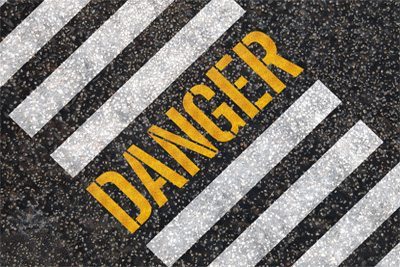Unanimous Supreme Court Strikes Massachusetts Buffer Zone Law
According to the Roberts Court, Massachusetts had not shown that it tried to address clinic protests in a less restrictive means than enacting a fixed 35-foot buffer zone.

On Thursday, a unanimous U.S. Supreme Court held that a Massachusetts law that provides for a 35-foot buffer zone around abortion clinics is unconstitutional.
The decision reverses a federal appeals court decision that had held that the buffer zone was constitutional.
The ruling, while unanimous, did not throw out buffer zones around abortion clinics entirely. According to the Court, the Massachusetts buffer zone law violates the First Amendment because it burdens more speech than necessary.
According to the Court, clinics should rely first on existing laws like local traffic ordinances to keep clinic protesters at a distance. Furthermore, the Court said, Massachusetts had not shown that it “seriously undertook” efforts to address clinic protests and blockades with the legal tools already available prior to enacting the buffer zone. Therefore, the Court held, the state could not show that the law at issue was narrowly tailored enough to meet the requirements of the First Amendment.
“Petitioners wish to converse with their fellow citizens about an important subject on the public streets and sidewalks—sites that have hosted discussions about the issues of the day throughout history,” the Court wrote. “But here the Commonwealth has pursued those interests by the extreme step of closing a substantial portion of a traditional public forum to all speakers. It has done so without seriously addressing the problem through alternatives that leave the forum open for its time-honored purposes.”
Reproductive health and rights advocates expressed disappointment in the decision Thursday. “No one should be physically attacked or threatened for simply seeking out healthcare. Buffer zone laws, like the one in Massachusetts, create a safe space, which allows reproductive healthcare facilities to meet the needs of patients, including contraception, cervical cancer screenings, and abortion care.” said Jessica Gonzalez-Rojas, executive director of the National Latina Institute for Reproductive Health, in a statement following the opinion. “These facilities are often the only places where low-income women can access these critical services. Despite this disappointing decision, we will continue to work with advocates and policymakers to ensure that Latinas and their providers can seek and provide care without fear of violence, threats, or intimidation.”
Since enactment of the Massachusetts law, at least four states or local municipalities have enacted buffer zone laws.
